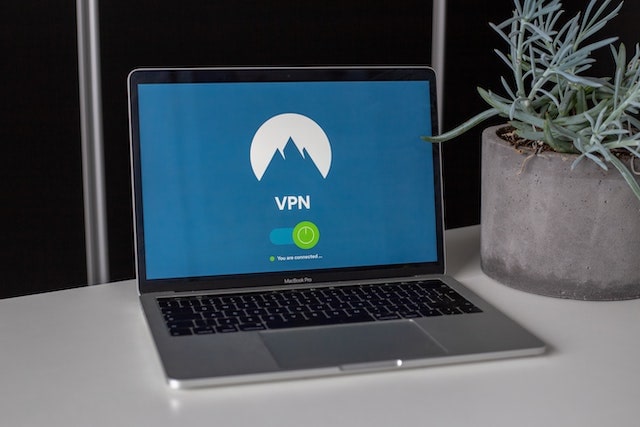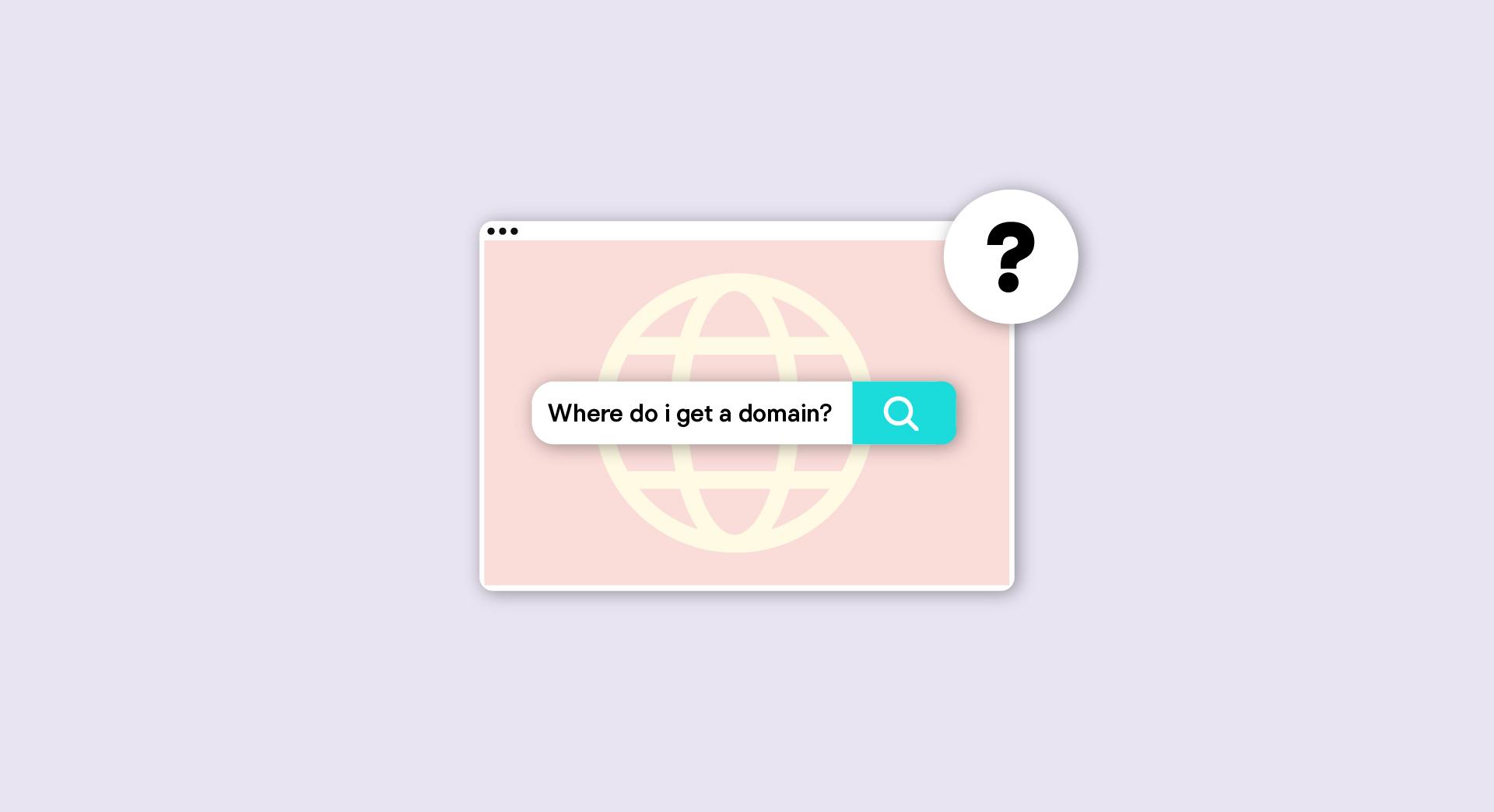You only have to read the headlines to know that poor network security can damage not just your digital infrastructure, but your business reputation. If you have remote workers but have been operating without a VPN (virtual private network), you may be leaving your business wide open to hacking and cyber-attacks.
The following questions are worth asking yourself if you’re considering ramping up your network security measures:
- Are you running a business remotely?
- Is your small business turning to online sales and digital systems to do business?
If you answered yes to either of these questions, it’s best to equip your online website with the necessary tools to protect your business. Here are seven tips to improve your network security.
7 tips for amping up your network security

In this section, we’ll discuss different tools and strategies to help guide your decisions on implementing new network security measures. Each one is important for safeguarding your website.
1. Install a firewall
A firewall is an essential tool for small business network security. It acts as a digital barrier or checkpoint, deciding what can and cannot pass in and out of your network. Firewalls can be both hardware and software-based.
It can filter traffic based upon the IP address it is coming from. Incoming traffic can be blocked based on its location of origin, protecting you from malicious attacks originating from areas that should not have a reason to visit your network.
It can also detect and block any network security threats sent from known malicious networks. Since data is transferred in small packets, the firewall prevents any of these packets that may be a threat from entering your infrastructure.
Read this post for more on the various types of firewalls and how to install one on your network.
2. Educate staff on network security
Arguably the most important network security tip for small businesses is to educate staff about how to spot risks and avoid them. In fact, most data breaches and the entry of malicious software to networks can be attributed to human error.
Educating staff on how to minimise the risks allows you to eliminate the problem at the cause, instead of trying to fix the problem after the fact.

Start by educating employees on how to know the warning signs. These can be signs of phishing scams and other signs of malicious software and they can come via email, phone or social media.
Bring in a set of rules that increase your small business network security. This can include:
- Making sure passwords are regularly changed and updated
- Closing accounts properly on shared computers or networks
- Not clicking on links or downloading files from unknown senders
- Establishing protocols for data protection (limiting permissions, etc.)
It’s also a good idea to teach staff members how to spot phishing and social engineering efforts and what to do if they think they’re being approached by a hacker.
3. Set up multi-factor authentication
Multi-factor authentication is a security protocol that is not just becoming popular for small businesses, but most operations in general. It adds an extra layer of security to data protection, going beyond previous log-in protections that only used passwords and security questions.
You will probably have used this before if you have internet banking or use many online services.
When you enter using your password, a code is sent to your mobile phone which needs to be entered as well. This stops others from accessing your account using only a password, which can be easy to hack or gain illegally.
By putting multi-factor authentication into your workplace, you are ensuring that only your employees can access your network.
You can also use it to restrict access to certain areas of the network, depending upon the permission level of different individuals.
4. Get a VPN
Another excellent cybersecurity tip is to install a VPN. VPN stands for a virtual private network. This lets you log into the internet and have your activities masked by an encrypted tunnel.
It does this by hiding your IP address. All of your browsing data and internet history are also hidden, so hackers cannot see what you have been visiting or doing on your internet journey This makes it extremely secure if you are accessing customer information over virtual networks.

If you have employees working outside your primary place of business, then you must have a VPN installed. An endpoint server on your cloud platform will allow you to handle remote connections from anywhere, securing your data and that of your customers.
You can learn more about VPNs and get a list of five providers to consider in this post.
5. Protect your website
Protecting your website has two big benefits. Not only does it help protect you from network security threats, but it also provides visual reassurance to anyone visiting your site, making them more comfortable doing business with you.
The first step is to install a secure socket layer (SSL) Certificate.

You may have seen this when you visit secure websites, visible as a padlock in the top left corner next to the URL.
This encrypts data transfers with your website, such as credit card information exchanges and log-in details. It keeps anyone from “eavesdropping” on private exchanges as they move between your customers and your site.
Editor’s Note: GoDaddy’s Website Security is an all-in-one tool that protects your website against hackers, malware, and other security threats. It includes a site firewall, SSL certificate, malware scanner and backups with one-click restore.
6. Secure payment gateways
Just like the SSL certificate, secure payment gateways are a must for customer trust. This is even more important if you are operating an eCommerce website.
Any payment gateway should be secured with proper encryption algorithms. Several requirements must be followed as set out by the payment card industry data security standard.
Luckily, there are a number of third-party payment apps that can deal with all of this, and look after payment security. It may be worth installing payment methods through them as opposed to going your own way or using less secure platforms.
7. Daily data backups
Even with the greatest network security protocols in place, there is still a risk that data may go missing.
You may find you get attacked, your network goes down and information may be stolen. In this case, it pays to have a backup.
You should be backing up data every day. Split it between a hybrid model, backing up data on the cloud and somewhere physical on hardware. Make sure that these are encrypted.
Consider network security assistance
You need a mix of physical and digital protocols in place to help improve your network security. Start with education and the behavior of staff, then get the software and hardware needed to safeguard your business. If in doubt, hire a specialist to audit your security and make recommendations or outsource your security altogether.






